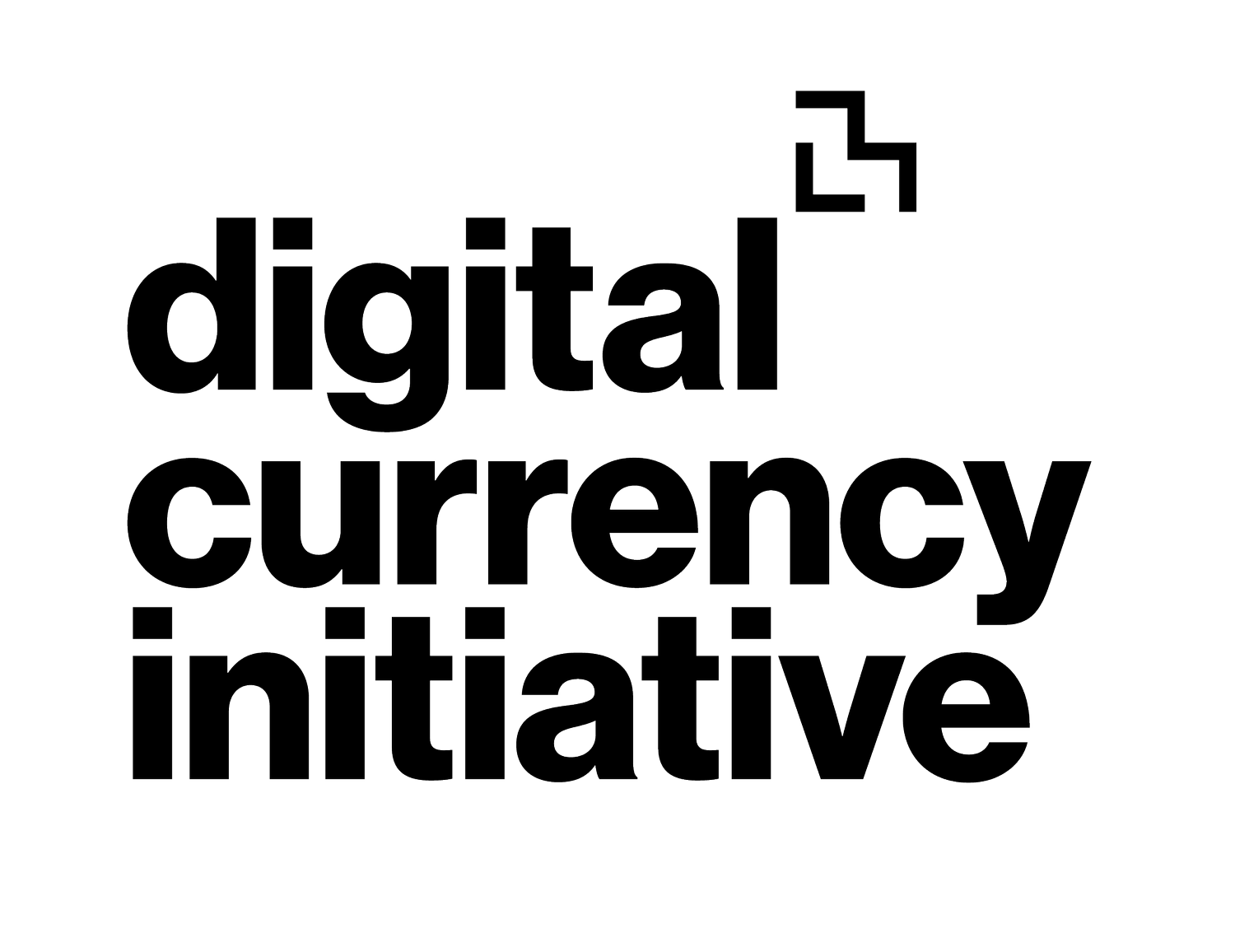"DCI Working Groups: the blockchain sandbox at MIT" On Medium by DCI's Alin Dragos
DCI Working Groups: the blockchain sandbox at MIT
by Alin Dragos Feb 5th, 2019. Medium
Our MIT motto, mens et manus, is a call-to-action to be more than mere technologists and to learn (by doing!) how to be thoughtful makers of a better world. The Digital Currency Initiative (DCI) Working Group Program creates a sandbox for interdisciplinary teams of students to hack on pressing topics in cryptocurrency and blockchain technology. Students from the Blockchain Lab will collaborate with instructors, companies and DCI to investigate uses of blockchain technology and how to integrate it into viable business models.
The Program
The DCI started the Working Group Program in 2016 to engage more with students and to encourage more interdisciplinary collaboration in the cryptocurrency and blockchain space. The central goal of the program is to teach students about blockchain technology through a hands-on approach. We draw upon student interests and the domain expertise of our DCI member companies to identify real-world problems and set students loose on different cryptocurrency or blockchain challenges.
In the first year of the program, several project groups produced high-impact outputs that have continued to develop even after the end of the program. One example that stands out is the b_verify working group on warehouse receipts in agricultural supply chains. This project grew out of an initial engagement with the Mexican government in 2016 and subsequently received support from the Inter-American Development Bank. Over two years, two teams of students conducted field research in Mexico and Ukraine, and produced the b_verify pilot kit. This is a collection of papers, open-source code, and a prototype mobile and desktop app. Now in its third year, b_verify lives on as we’re looking to test real-world deployment in partnership with IADB.
Since 2016 we’ve expanded the working group program and this year we turned it into an actual course, the Blockchain Lab. The course, based on the Sloan Action Learning model, provides a structure so we can work together with the companies to teach students how to effectively apply blockchain technology to real problems.
The 2018–2019 Program
This year, we selected 56 students out of more than 90 applicants to participate in the 2018–2019 program. These 56 students represent a variety of perspectives as they come from undergraduate, masters, and PhD programs, and from diverse academic programs including Computer Science, Design, Business, Finance, Urban Studies, and Supply Chain Management. Based on their academic background and current program of study, industry expertise, and career goals, we divided the students into 14 research teams that are working with member companies to tackle specific problems.
During the first half of the program, students worked closely with member companies to conduct primary market research and scope their projects. They also attended regular blockchain dinners, where they discussed ongoing cryptocurrency and blockchain research with industry leaders and learned about the fundamentals of blockchain technology in a condensed version of Gary Gensler’s Blockchain and Money course. During the second half of the program (starting on February 5th), teams will start to implement their scoped projects. Project topics include healthcare, economics of mining, dark pools, supply chain, social capital, digital fiat currency, smart cities, the reliability of consensus protocols, and many more fascinating subjects.
The Blockchain Lab class is taught by Simon Johnson, Gary Gensler, Neha Narula and Michael Casey. In this class, students will learn skills they need to complete their projects. They will present their progress on a weekly basis and receive feedback on their projects in a collaborative and supportive environment. Stay tuned for working group blog post updates. Successful working groups will present their work at the Business of Blockchain event to hundreds of industry leaders.
The Companies
DCI member companies are key participants in the DCI working group program. Through the program, DCI members gain access to neutral and deep technical expertise, have the opportunity to exchange knowledge and ideas with MIT students and DCI researchers, and work with the DCI to quickly determine which project ideas are more likely to succeed than others.
DCI member companies represent a subset of the broader Media Lab member ecosystem. They’re typically large institutions that have a global perspective and want to go deeper on emerging technology trends. It’s therefore no surprise that blockchain technology is on their radar, especially as large enterprise software providers have started to include blockchain-related technology in the range of products and services they offer.
There are many organizations that have teams exploring blockchain technology. These organizations frequently struggle to transform good ideas into high-impact outputs due to their size, long planning cycles, and organizational structures. The working group program is an opportunity for member organizations to work with MIT students and the DCI to try out project ideas in a neutral setting. Over the course of the program, the number of DCI members involved has grown (from three to ten) and we believe it’s a great mechanism for knowledge transfer.
Next Steps
As we continue to formalize and expand this program, we hope to keep pace with the rapidly growing blockchain space. Our primary goal is to keep teaching students about cryptocurrency and blockchain as well as learn about (and maybe even influence) the next big trends of blockchain technology. Stay tuned for student updates on their projects. We are excited to see what this year’s group creates!
This post is written in collaboration with Mark Weber, Eilon Shalev and Samantha Bates.
